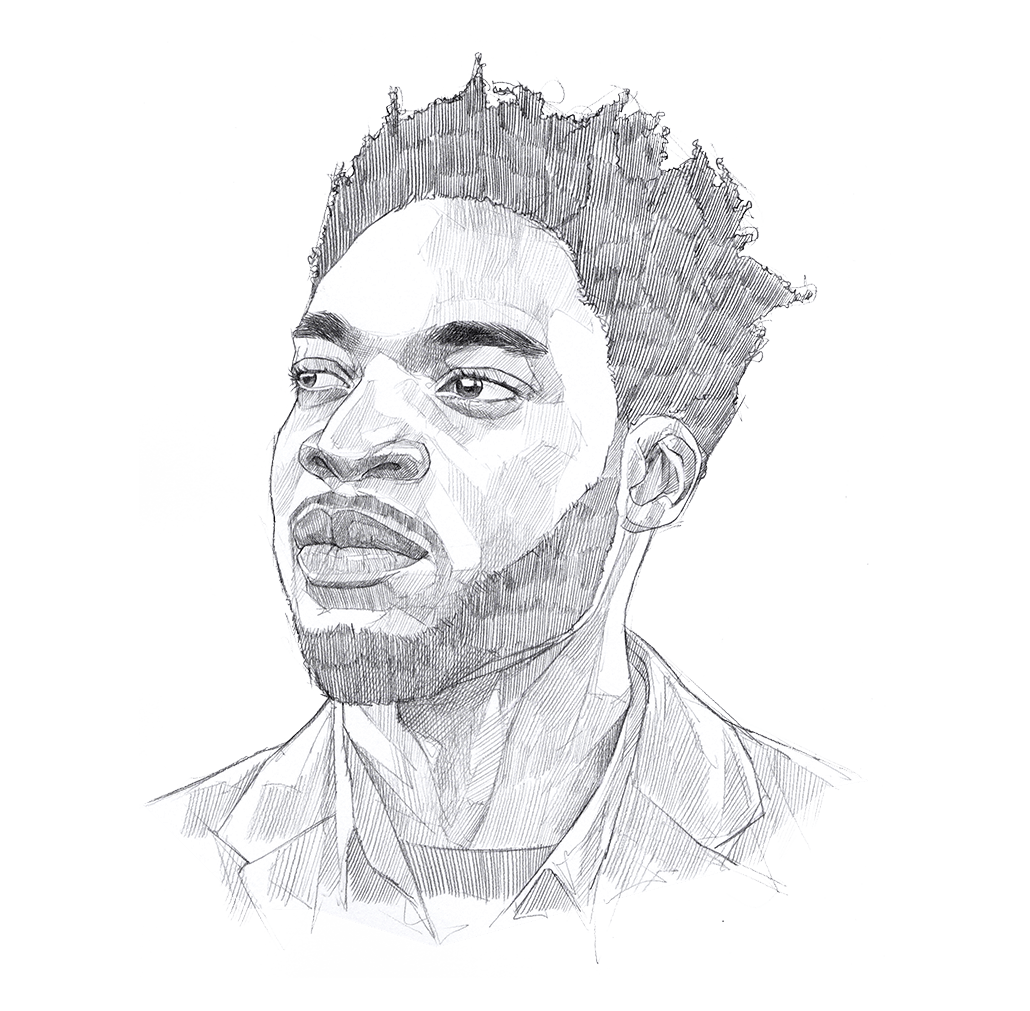Perspectives on responses to sexual assault
[If a friend disclosed to me], before I [talk] to the victim, the survivor, I would ask myself if the survivor would like to talk to me, or are they comfortable to talk about it…
What if there were, like, […] a main person that you would […] disclose to or report to, but also some other people who were, like, designated options. So, like, say the report – or…
If I’m a survivor I need to have a very trustworthy person who can help me with the situation I’m facing. Like, I trust them [with] my situation; they are not having any doubt about…
Facilitator: How ‘bout, like, everybody gives me one characteristic or quality […] of a potential support person. What would that look like? Participant 1: Caring? Facilitator: Caring, why would it be important um, to have…
People that have the problem with sexual assault, that’s a very sensitive problem and they need an advisor uhh that to listen to their story and understand them and sympathize with them.
I feel […] like trans people might have different experiences […] with sexual assault than a cis person might. Um, so, like, having someone [provide support] that would be knowledgeable or experienced abou the trans…
They should recruit some Southern Asian people so the language is much more important, because the victim should talk in their own native language so they have more confidence and they feel they are being…
It might be good for [university staff who respond to sexual assault cases] to understand like – hey, uh like my experiences [as a trans person] might be different, but I don’t necessarily want to…
I think that this provided a lot of really good insight on – um, what more can be done for trans and non-binary people, because before I heard some of the ideas from Participant 1…
My question is, is there any support after all this has already happened? Let’s say, I suffered a sexual assault, I speak up and all this stuff, but do I have support after all that?…

